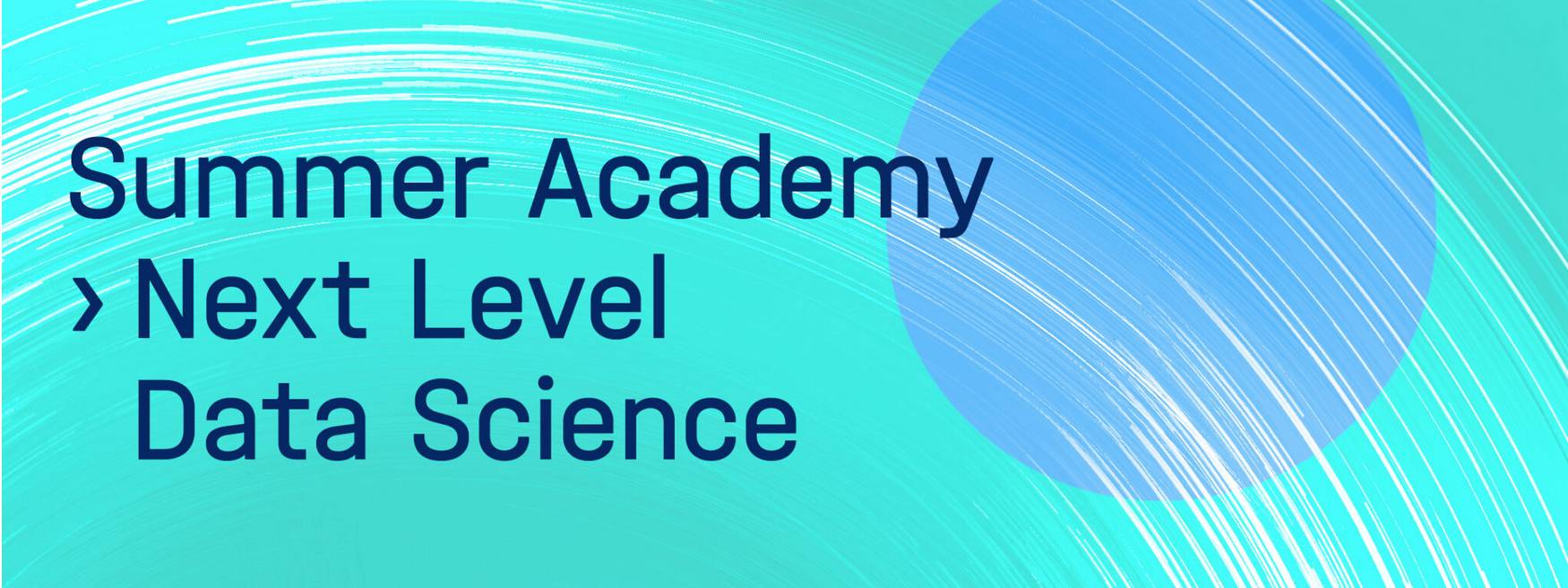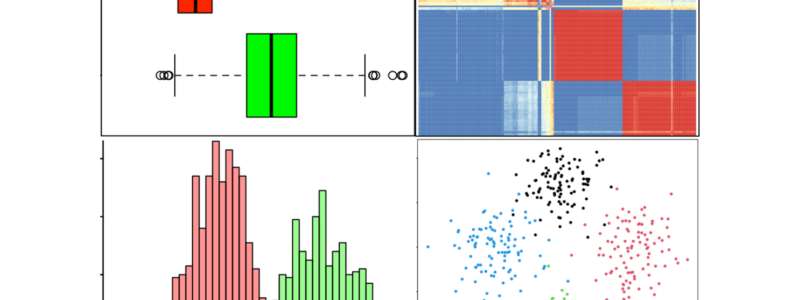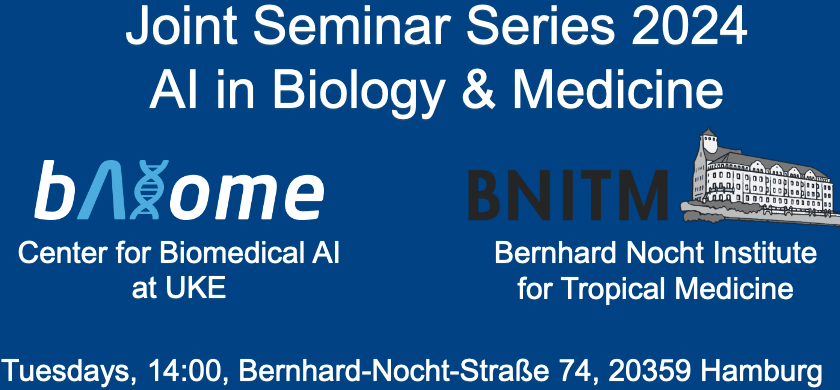machine learning
Events
People

Johannes Lederer
Professor of Mathematics
Chair of Mathematics of Data-Driven Methods
johannes.lederer@uni-hamburg.de

Kay Grünewald
Scientific Director, CSSB
Professor for Structural Cell Biology of Viruses
Head of Department, Structural Cell Biology of Viruses
kay.gruenewald@cssb-hamburg.de
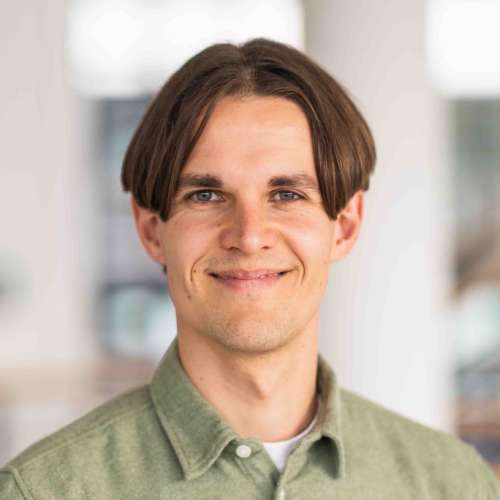
Lennart Wittkuhn
Postdoctoral Research Scientist
lennart.wittkuhn@uni-hamburg.de
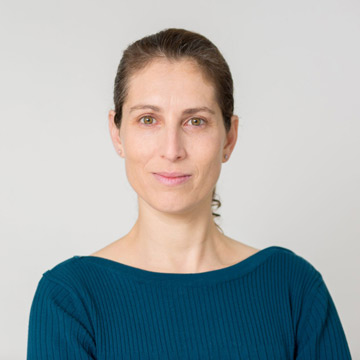
Maya Topf
Professor for Integrative Virology
Head of Department, Integrative Virology
maya.topf@cssb-hamburg.de
Institutions
Max Planck Institute for the Structure and Dynamics of Matter
Scientific Support Unit researching the use of computation to accelerate and support research.
People
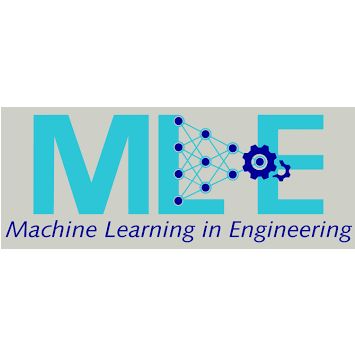
MLE Machine Learning in Engineering
MLE ist eine Initiative zur Bündelung der Kompetenzen im Bereich Machine Learning an der Technischen Universität Hamburg mit dem Ziel des Wissenstransfers in Richtung Wirtschaft und Industrie.

